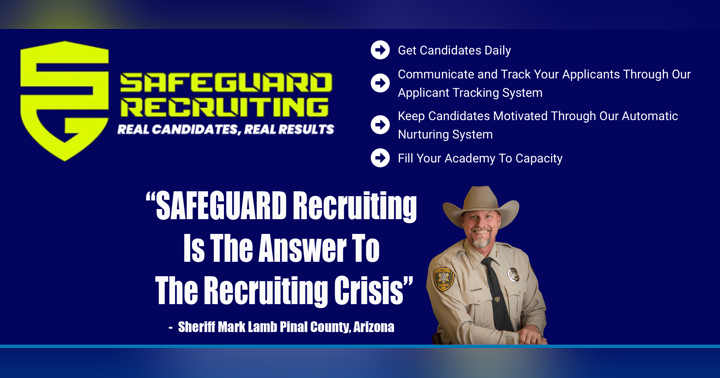How To Fireproof Law Enforcement

In the latest episode of our podcast, we delve deep into the pressing issue of workplace toxicity and its profound effects on both individual careers and organizational cultures. Our guest, Pete Havel, a former lobbyist and political consultant, shares his personal journey of confronting a toxic colleague and the subsequent career transformation that led him to become a leading voice against toxic work environments. This episode is a must-listen for anyone looking to understand and combat workplace toxicity while fostering a positive organizational culture.
Pete Havel's story begins with a dramatic turn of events where he lost his job after confronting a toxic colleague. This experience, though initially devastating, spurred him to write his influential book, "The Arsonist in the Office," which has become a guiding light for many facing similar challenges. Pete's journey from adversity to advocacy is not just inspiring but also provides actionable insights for those grappling with toxic work cultures.
One of the key topics discussed in the episode is the pervasive issue of toxicity within law enforcement agencies. Pete sheds light on the cultural issues that plague many police departments, particularly focusing on disillusioned officers who have faced retaliation and bullying. These officers, often referred to as the "walking dead," represent a significant challenge for law enforcement leadership. Re-engaging these officers requires acknowledging past failures and actively involving them in rebuilding a positive culture. Pete's insights into this issue highlight the immense challenges of altering toxic environments, even with de-escalation training in place.
A notable comparison is drawn between law enforcement cultures and positive organizational examples like Chick-fil-A. Pete emphasizes that how staff are treated internally has a direct impact on their interactions with the community. This ripple effect underscores the importance of internal culture in shaping overall behavior. By examining successful companies, Pete illustrates that fostering a positive culture is not just beneficial but essential for organizational success.
Leadership plays a pivotal role in creating and maintaining a positive organizational culture. From sergeants to top brass, effective leadership involves coaching, mentoring, and building trust among officers. Pete shares his expertise in consulting, training, and coaching, emphasizing the need for external guidance to drive effective change. Leaders at all levels must take proactive steps to engage with their teams, create a supportive environment, and build a culture of open communication and trust.
The episode also touches on the broader implications of workplace toxicity and the surprising ways in which life experiences can prepare us for unforeseen roles and responsibilities. Pete's journey from a negative experience to becoming an influential voice in law enforcement and corporate environments is a testament to the power of resilience and the impact one person can have on organizational culture.
In addition to law enforcement, Pete's insights are applicable across various sectors. The strategies for addressing workplace toxicity and fostering a positive culture are universal and can be adapted to different organizational contexts. Whether you're a leader in a corporate setting, a nonprofit, or a government agency, the principles discussed in this episode are relevant and actionable.
The conversation also delves into the specific challenges faced by sergeants and lieutenants in police departments. These roles are crucial for effective leadership and require a mindset shift from mere supervision to active coaching and mentoring. Empowering sergeants to make decisions and build trust with their teams is essential for transforming a fear-based culture into one of open communication and support.
As we wrap up the episode, Pete shares practical advice for leaders looking to foster a positive organizational culture. He emphasizes the importance of recognizing that leaders may not always have the best solutions on their own and suggests seeking external guidance to drive effective change. Listeners are encouraged to connect with Pete through his LinkedIn profile or his website, PeteHavel.com, to learn more about his work and embrace the courage to lead boldly.
In summary, this episode offers a wealth of insights into addressing workplace toxicity and fostering a positive organizational culture. Pete Havel's personal journey and expertise provide valuable lessons for leaders at all levels. By confronting toxic behaviors, re-engaging disillusioned staff, and building a culture of trust and open communication, organizations can transform adversity into advocacy and create environments where everyone can thrive.
Tune in to this compelling conversation to learn more about the strategies and leadership lessons that can help you combat workplace toxicity and lead your organization towards positive change. Connect with Pete Havel and join the movement to create healthier, more supportive workplaces.






